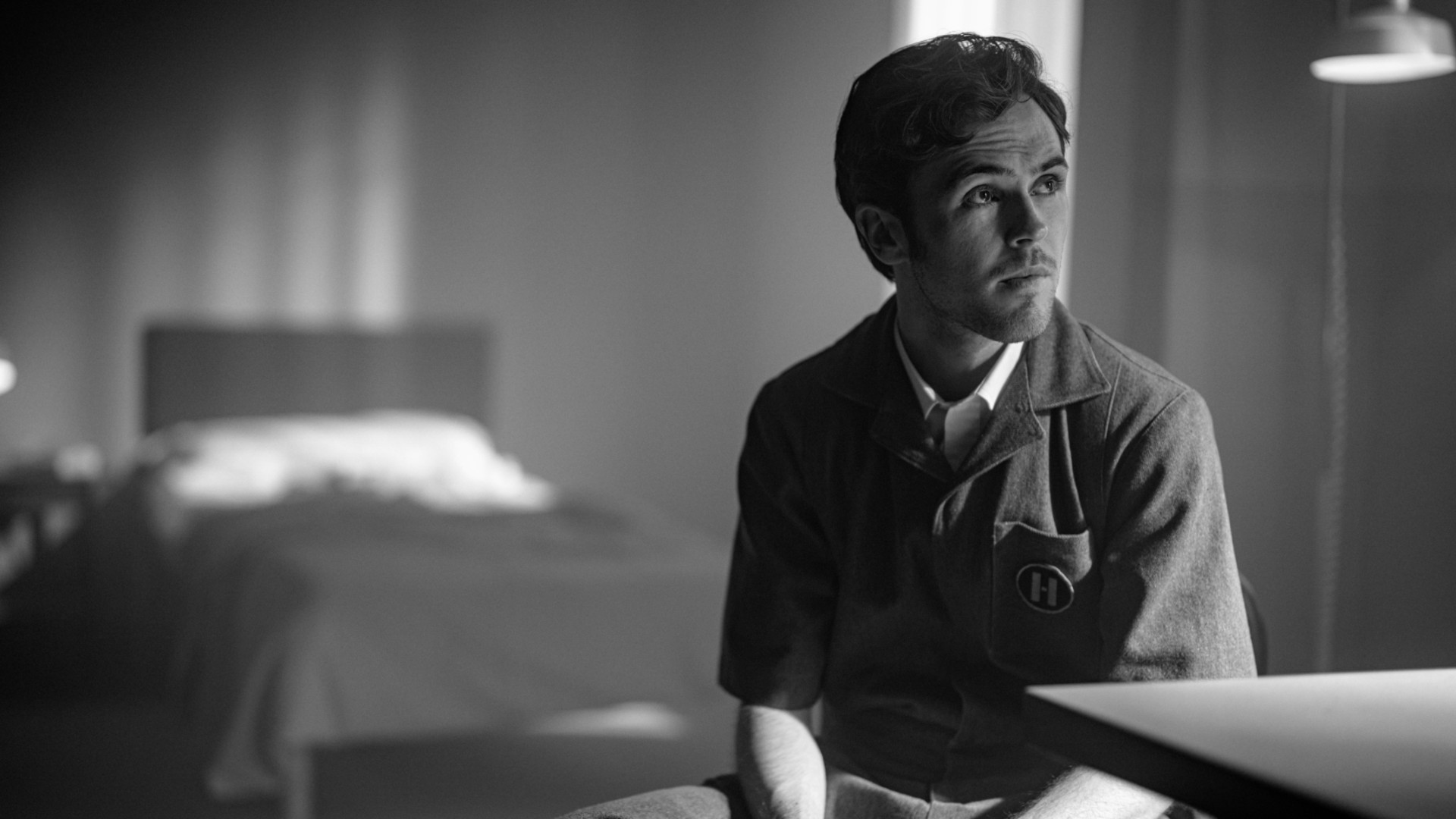
I've been stung by many cancellations in my time. Most of my favorite series have been heartbreakingly shortlived, from Gentleman Jack and A League of Their Own, to Chilling Adventures of Sabrina and Chucky, so I'm all too familiar with falling in love with a bunch of characters only to be told you'll never see them again. (As a horror-loving lesbian, you learn quickly how perilous an endeavor it is to get attached to a TV show).
In this age of streaming, more new shows are getting unceremoniously dumped after one season than ever before, as platforms judge a series's merits on how many views it pulls in during its first couple of days online – or worse, how buzzy it is on social media. 2024 saw its fair share of swift kills, most of them by Netflix's hand, but the one that hit me hardest was undoubtedly Kaos.
Released on August 29, the quirky comedy-drama gives mythology a modern twist, as it sees power-hungry Zeus (a perfectly cast Jeff Goldblum) start to lose his grip on Greece. Haunted by a prophecy that predicts his downfall, the God of Thunder (no, not that one) starts neurotically obsessing over his precarious rule, which gives everyone around him a serious case of the ick. It pushes Hera (Janet McTeer), his wife, further into the arms of his lackadaisical brother Poseidon; his other brother Hades (David Thewlis) to accuse him of inheriting their ruthless father's worst traits; and sets unwitting mortals Eurydice (Aurora Perrineau), Caeneus (Misia Butler), and Ariadne (Leila Farzad) on a path to take down the deities for good. By October 8, Netflix had confirmed it wouldn't return.
Fresh fantasy

With prequels like The Lord of the Rings: The Rings of Power and spin-offs such as Gen V, to nostalgia-heavy revivals like And Just Like That and Cobra Kai, it's no secret that both big and small screens are dominated by "universes" these days. Kaos felt refreshingly new and quickly drew me in with its colorful world-building. Taking inspiration from well-told legends, it balances dense lore – ritualistic human sacrifices, soul renewal scams, the Underworld being run by uniformed workers, everyone being born with their own unique prophecy – with lighter characterisation (Zeus wears designer tracksuits and lives in a gaudy mansion in the clouds, Medusa's headscarf vibrates and hisses every time she gets mad).
No two people can have the same prophecy, or so the people of Krete and the Olympians have always been told, so it was genuinely thrilling to learn in episode 6 that Caeneus, Riddy, and Zeus all share a rather ominous one: "A line appears, the order wanes, the family falls, and Kaos reigns." To say I was desperate to see what that meant for the future of the trio is an understatement.
So many TV shows these days are guilty of repeating tried-and-tested gags and arcs instead of progressing the series in any meaningful way. I'm tired of the lack of character development and thinking, “Okay, so we're in the exact same place we were at the start?" after every season finale. Kaos was different, and that's a huge reason why I was so disappointed to learn that we wouldn't be getting more episodes. For the most part, that first (and now, only) season is all set-up, as writer Charlie Covell moves each character into place like a chess player gearing up for a checkmate.
Modernizing mythology

The building tension is bolstered by the stellarly paced and deliciously meta narration of Prometheus (Stephen Dillane), who is steadily revealed as the puppeteer behind Zeus's toppling. Given that Prometheus is the God of Forethought, it's a genius touch to kickstart the show with him running through events for the audience with a cocky smirk, before the story surpasses even his intuitions and shifts into more unpredictable territory. Now I wouldn't describe Kaos's conclusion as a cliffhanger like some do, but it certainly tees up a second chapter.
Sign up for the Total Film Newsletter
Bringing all the latest movie news, features, and reviews to your inbox
When it ends, Zeus has killed the Fates (having convinced himself that wiping out those who made the prophecies would stop his from coming to fruition), Caeneus has discovered that he possesses the power to Renew souls, Riddy has made it back to the living world (having learned the shocking truth about The Frame and The Nothing), and Ari, having taken over as her father as President of Krete, has struck a deal with the Trojans to rebuild Troy and destroy Olympus. The fact that we'll never know what happens next is gutting.
The overarching plot of these people stepping up to challenge their corrupted gods is exciting, sure, but what made Kaos so special is how Covell makes us so invested in these complex heroes and villains – and updates their stories for a richer, less stereotypically male experience. In Greek mythology, Eurydice's tale is wrapped up entirely in his husband Orpheus's, as he tries to bring her back to life with his music. Kaos twists this to depict a Riddy who's fallen out of love with her musician boyfriend Orpheus (Killian Scott) and vows to end their relationship before she gets fatally hit by a truck. Here, her death facilitates her freeing herself from him, leading her to find true connection with Caeneus and, subsequently, her purpose.
Caeneus's original story is even bleaker; one that sees him choose to be transformed into a man after Poseidon sexually assaults him, before being buried alive. Instead, Covell rewrites Caeneus as a trans man born into the Amazons, a fictional society of female warriors who outcast any boys in their midst when they turn 11. Despite being fully aware of his true self, Caeneus continues to present himself as a girl, through fear of being banished – something that trans viewers will likely relate to. When he was 15, his mother gently tells him that she's always known Caeneus is trans (her prophecy was that she'd have a son), gives him his new name, and encourages him to leave the tribe. Unfortunately, Caeneus is tracked down and murdered, which is how he ends up in the Underworld.
There's a bit of a twist surrounding that that we won't dive into here, but I loved that his mom was so supportive and caring. Not to mention the fact that Caeneus, like Riddy, goes on to become a crucial cog in the grand scheme of things – a huge step forward for representation on screen.
I was so looking forward to seeing more of that in season 2 (sob!). Kaos truly had it all; it was funny, dark, and visually interesting with a game, diverse cast who brought an ensemble of well-defined, dynamic characters to life. I couldn't have asked for a better binge. Since its cancellation, I've seen tons of people tuning in and loving it, taking to Twitter to gush about what a "masterpiece" it is and how sad they are that we aren't getting more. While it stings, it's nice to know that just like with Riddy and Caeneus, Kaos' importance extends beyond death.
Kaos is streaming on Netflix now. For more, check out our picks of the best Netflix shows for some further viewing inspiration.
I am an Entertainment Writer here at GamesRadar+, covering all things TV and film across our Total Film and SFX sections. Elsewhere, my words have been published by the likes of Digital Spy, SciFiNow, PinkNews, FANDOM, Radio Times, and Total Film magazine.



